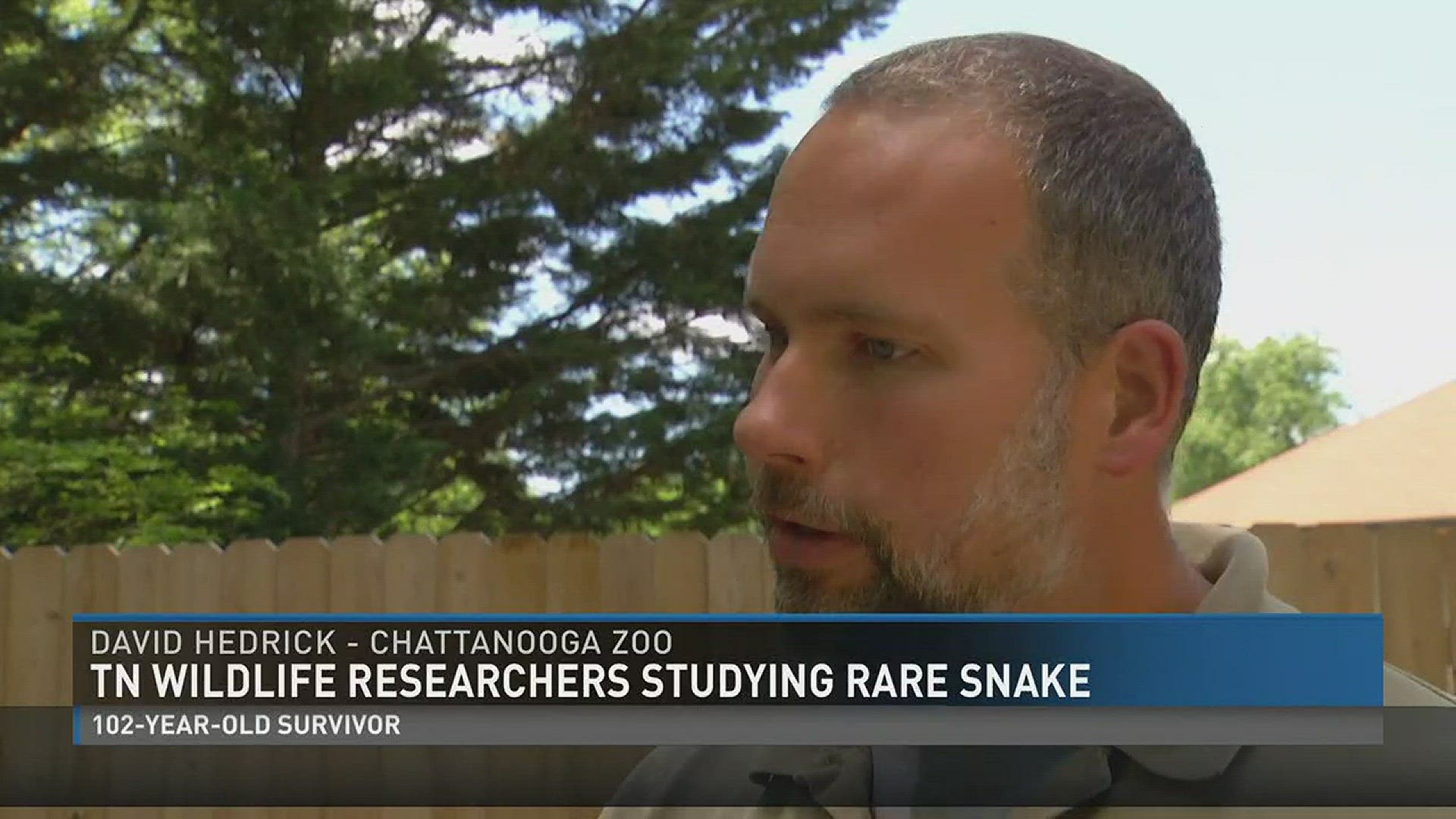Biologists at Tennessee State University are on the lookout for pygmy rattlesnakes.
If you see one, they're asking that, instead of turning to run, you snap a photo.
Pygmy rattlesnakes are native to Tennessee but are also a threatened species. The Tennessee Wildlife Resources Agency, which is assisting with the project, lists pygmy rattlesnakes as very rare and imperiled in the state.
The tiny creatures play an important ecological role, including in the control of the rodent and tick populations.
So if you spot one, TSU biologist Shawn Snyder asks that you document the location with a photograph with the smartphone GPS location turned on (For an iPhone, it is located in settings/privacy. Other phones or cameras have similar settings).
Sightings and information may be reported to Snyder at ssnyder1@my.tnstate.edu or 717-683-4226 or Dr. Bill Sutton at wsutton@tnstate.edu or 615-963-7787.
"One rattlesnake can maybe take out 1,000-2,000 ticks per year by the number of rodents they kill,” Snyder said. “So that can directly affect the amount of Lyme disease we have in the area.”
Lyme disease is transmitted to humans through tick bites, according to WebMD. Symptoms of the disease include: severe headaches, rashes, arthritis with severe joint pain, loss of muscle tone, irregular heartbeat, inflammation of the brain and spinal cord along with shooting pains, numbness or tingling in the hands or feet.
“We’re hoping to find as many (pygmy rattlesnakes) as we can,” Snyder said. “The goal right now is just to find our first one.”
Pygmy rattlesnakes are usually found near water, according to the TWRA. They are usually 15-20 inches long with a colorful skin texture, thin tail and tiny rattle.
Snyder is in the process of making a habitat model for pygmy rattlers, which will help determine their suitable environment.
“A habitat model is dependent upon known localities,” Snyder said. “By creating its habitat model maybe we can see exactly where the snakes can be in the state and what we need to do to help preserve them.”
Bites from a pygmy rattler, according to the TWRA, are extremely rare and non-fatal if treatment is administered in a timely fashion.
Funding for the project is being provided by the TWRA through state wildlife grants.
Reach Mike Organ at morgan@tennessean.com or 615-259-8021 and on Twitter @MikeOrganWriter.

